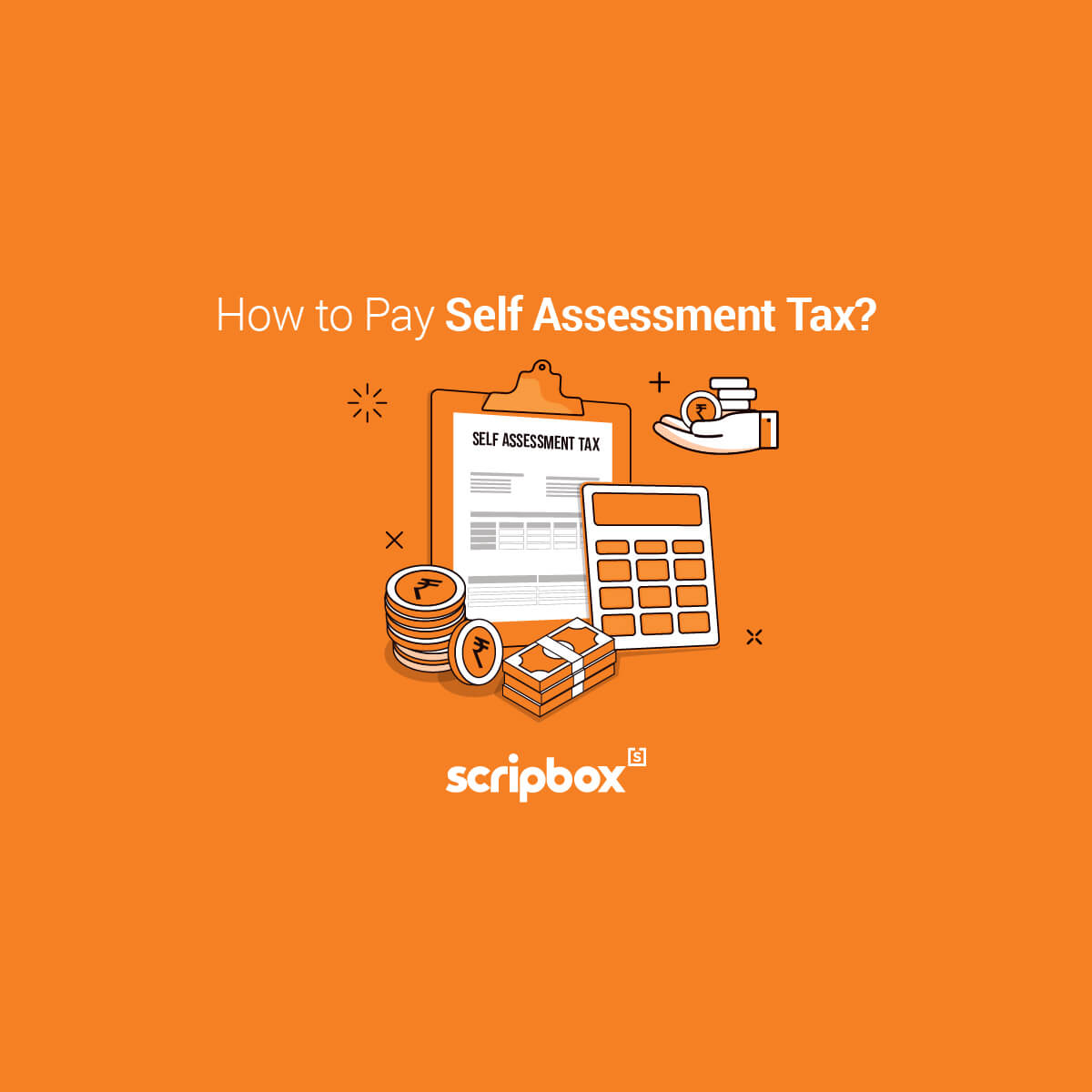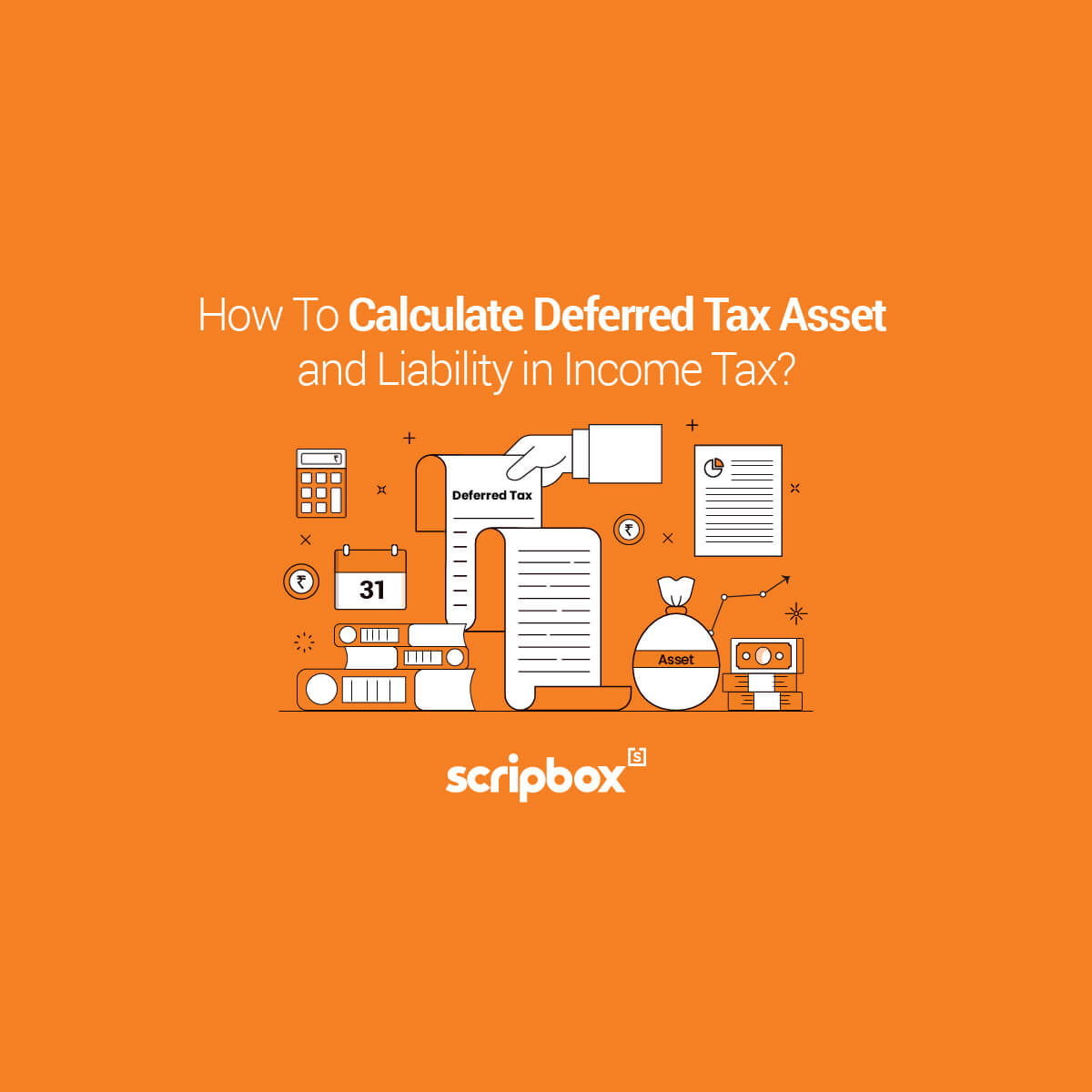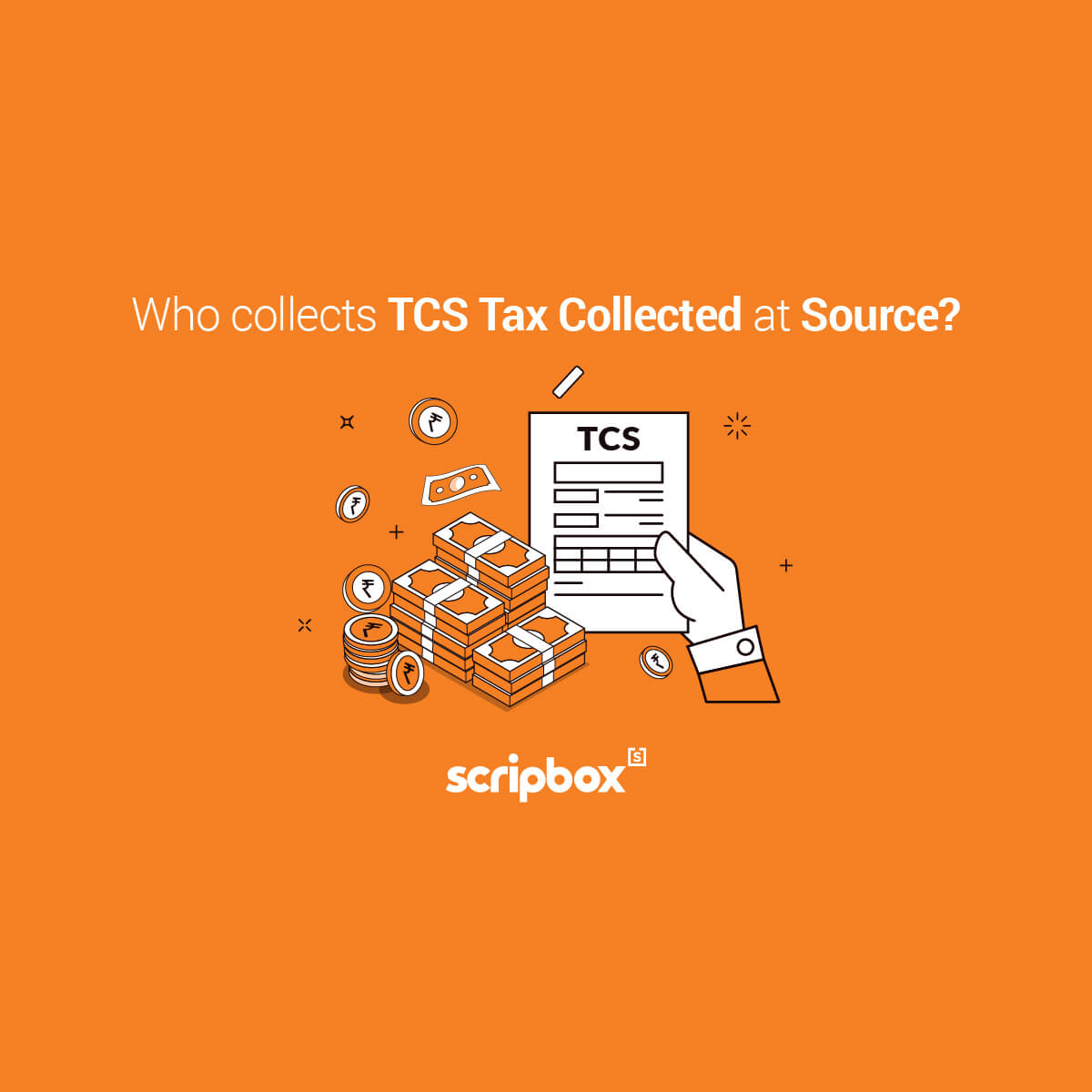What is TDS ?
In the case of certain incomes, a tax is required to be deducted at source by the payer before making the payment. The rates have been specified under the income tax act under various categories. There are 32 items of incomes/payments on which TDS is deducted
The sole responsibility of deducting the tax before making the payment lies on the payer. The payer should have a valid tax deduction and collection(TDCAN) and should ensure that tax is deducted under the correct section.
Let’s understand the above with the help of an example:
X Solutions Private Limited made a payment for office rent of Rs 1,00,000 per month to the owner of the property for their office. In this case, TDS is required to be deducted at a rate of 10% which amount to Rs. 10,000. The net payment to be made to the owner will be Rs. 90,000.
Which Payment is Subjected to TDS?
As per the provisions of the income tax act, there are certain payments on which tax is required to be deducted before making the payment and depositing the tax with the government. Below are certain payments on which tax is required to be deducted:
- Salaries
- Interest payments made by bank
- Rent
- Commission & brokerage
- Consultation fee
- Professional fee
The deductor has to file the returns timely so that the person from whose income tax is deducted can claim the amount while filing their return. It is important to provide a correct PAN to the deductor to avoid any mistakes.
What is a TDS return?
TDS return is a quarterly statement submitted by the deductor to the income tax department. The return shows a summary of all the tax deducted by the deductor along with the PAN of the deductee and the payments made to them under the respective section.
Below is a table summarizing the various TDS return filing dates:
| Form No. | Transaction type | Due date |
| Form 24Q | TDS on salary | Q1 – 31st JulyQ2 – 31st OctoberQ3 – 31st JanuaryQ4 – 31st May |
| Form 26Q | TDS other than salary | Q1 – 31st JulyQ2 – 31st OctoberQ3 – 31st JanuaryQ4 – 31st May |
| Form 27Q | TDS on all payments made to non-residents except salaries | Q1 – 31st JulyQ2 – 31st OctoberQ3 – 31st JanuaryQ4 – 31st May |
| Form 26QB | TDS on sale or property | 30 days from the end of the month in which tax is deducted. |
| Form 26QC | TDS on rent | 30 days from the end of the month in which tax is deducted. |
Find: List of TDS Due Dates
What is a TDS certificate?
A TDS certificate is a document that shows the tax deducted by the deductor on a person’s PAN. In the case of salaried employees, form 16 is issued by the employer at the end of a financial year. In case of every other income where tax is deducted, form 16A is issued on a quarterly basis.
Below are a few components of form 16 & 16A:
- Name of the employer in the case of form 16
- Name of the deductor in the case of form 16A
- PAN of the deductee
- TAN of the deductor
- Address of both the deductor and the deductee.
Difference between form 16 & form 16A
| Particulars | Form 16 | Form 16A |
| Applicability | Applicable in the case where income earned is salary. | Applicable in the case of income other than salary. |
| Time period of issue | Annually | Quarterly, if tax is deducted. |
| Criteria for issue | Employer might not issue form 16 in a case where the taxable income was less than the basic exemption limit. | To be issued in every case provided the tax has been deducted on the income. |
Read more about the Difference Between Form 16 and 16A
What is Form 26AS and how it works for tax credit?
Income tax deducted by the deductor from any assessee’s income has to be deposited in a timely manner. The employee can see the details of the tax deducted, organization name etc. on 26AS on the income-tax website. Below are few details that an assessee can find in their form 26AS:
- Details of tax collected by collectors
- Self assessment tax payment
- Tax deducted by the deductor
- Details of refund received during a financial year
- Details of high value transactions
How to calculate tax liability post tax credit?
Once the deductor has filed his TDS return, the tax deducted from the assessee’s income will reflect on his or her Form 26AS. Let’s understand how one can take credit of the income tax reflecting in form 26AS:
Amit works in a software company in Bangalore and has a total income of Rs. 15,00,000. He has invested Rs. 1,50,000 in PPF account which is a deductible investment under section 80C of the income tax act. Below is how the tax will be calculated for Amit:
| Taxable income of Amit | 13,50,000 |
| Tax on the above income | 2,26,200 |
| Income tax as reflecting in form 26AS of Amit | 1,00,000 |
| Total tax payable by Amit | 1,16,200 |
TDS Rates FY 20-21 for Residents Taxpayers
| Particulars | TDS Rates | TDS Rates (01.04.20 to 13.05.20) | TDS Rates (14.05.20 to 31.03.21) |
| Section 192 : Tax deduction on payment of salary. Tax to be deducted at the time of payment of salary. | Slab rate applicable | Slab rate applicable | Slab rate applicable |
| Section 192A: Deduction of tax from an accumulated balance of the recognized provident fund withdrawn by the employee | 10% | 10% | 10% |
| Section 193: Interest on Securities Tax is deducted on the interest payable on: 1. Any debentures or securities other than a security of the Central or State Government. 2. Any debentures issued by a company where such debentures are listed on recognised stock exchange. 3. Debentures not listed on the stock exchange. 4. 8% or 7.75% savings taxable bonds | 10% | 10% | 7.5% |
| Section 194: Deduction of tax from dividends As per the amendments made by Finance Act 2020, the threshold limit for tax deduction has been increased from Rs. 2,500 to Rs. 5,000 | 10% | 10% | 7.5% |
| Section 194A: This section is applicable only to interest other than “interest on securities” credited or paid by an assessee other than individuals & HUF’s whose: 1. Turnover from business does not exceed 1 crore 2. Gross receipts from business does not exceed 50 lakhs 3. No tax deduction is required to be made in the below cases: a. If the aggregate amount of interest paid does not exceed Rs. 5,000 b. w.e.f 1st April 2018, interest up to Rs. 50,000 earned by senior citizens on: 1)deposit with banks 2) deposit with post offices 3) fixed deposits schemes 4) recurring deposit schemes will be exempt from TDS c) w.e.f 1st April 2019, TDS on the interest income from post offices and bank deposits have increased up to Rs. 40,000 from the present limit of Rs. 10,000. | 10% | 10% | 7.5% |
| Section 194B: Income by way of winnings from lottery, crossword puzzle, card games etc. provided the winnings amount exceeds Rs. 10,000. Tax deduction is to be made at the time of payment of such income. | 30% | 30% | 30% |
| Section 194BB: Income by way of winnings from horse race, provided the winning amount exceeds Rs. 10,000. | 30% | 30% | 30% |
| Section 194C: It provides for tax deduction at source from the payments made to a resident contractor or sub-contractor. No deduction is required to be made if the consideration for the contract does not exceed Rs. 30,000 in a single payment or Rs. 1,00,000 in the aggregate in a financial year. | Individuals/HUF’s – 1% Others 2% | Individuals/HUF’s – 1% Others 2% | Individuals/HUF’s -.75% Others 1.5% |
| Section 194D: Person responsible for paying to a resident the below income: 1) Commission for procuring insurance business. 2) Commission for continuance, renewal or revival of insurance policies. | Resident other than company – 5% Domestic company – 10% | Resident other than company – 5% Domestic company – 10% | Resident other than company – 3.75% Domestic company – 10% |
| Section 194DA: Payments in respect of any sum paid to a resident under a life insurance policy. This also includes any sum allocated by way of bonus. Tax deduction is required to be made at the time of payment. No tax deductions are required to be made where the amount of such payment does not exceed Rs. 1,00,000. | 5% | 5% | 3.75% |
| Section 194E: Payment to non-resident sportsmen or sports association or non-resident entertainer. Tax is required to be deducted if the amount paid exceeds Rs. 50Lakhs. | 20% | 20% | 20% |
| Section 194EE: Amount paid standing to the credit of National Savings Scheme along with interest accrued thereon.No tax deduction is required to be made if the aggregate payment is less than Rs. 2,500 | 10% | 10% | 7.5% |
| Section 194F: Payment on account of repurchase of a unit by Mutual Fund or Unit Trust of India. | 20% | 20% | 15% |
| Section 194G: Any income by way of commission, remuneration or prize on sale of lottery tickets provided the amount exceeds Rs. 15,000. | 5% | 5% | 3.75% |
| Section 194H: Any commission(other than insurance commission) provided the amount does not exceed Rs. 15,000 | 5% | 5% | 3.75% |
| Section 194I: Any person responsible for paying to any resident income by way of rent in aggregate amounting to Rs. 2,40,000 in a financial year. This includes: 1) Rent on plant & machinery 2) Rent on land or building or furniture or fittings | Plant & Machinery : 2% Land & building/furniture – 10% | Plant & Machinery : 2% Land & building/furniture – 10% | Plant & Machinery : 1.5% Land & building/furniture – 7.5% |
| Section 194-IA: Payment on transfer of certain immovable property other than agricultural land Section 194-IB: Rent payable by an individual or HUF not covered u/s. 194I (w.e.f from 01.06.2017) Section 194-IC: Payment under Joint Development Agreements to Individual/HUF(w.e.f. 01.04.2017) | 1% 5% 10% | 1% 5% 10% | .75% 3.75% 7.5% |
| Section 194J: Any sum paid to any resident by way of: 1) Fee for professional services 2) Non-compete fee 3) Any remuneration, fee or commission paid to a director which is not in the nature of salary 4) For not sharing any know-how, patents, copyright etc. 5) Fee for technical services 6) Royalty | 10% 2% | 10% 2% | 7.5% 1.5% |
| Section 194K: Any person responsible for paying to a resident any income in respect of: 1) Units of a Mutual Fund specified under section 10(23D) or 2) Units from the Administrator of the specified undertaking or 3) Units from a specified company No deduction is required to be made if the amount does not exceed Rs. 5,000 | 10% | 10% | 7.5% |
| Section 194LA: Payment of compensation on acquisition of certain immovable property.No deduction is required to be made in case the amount does not exceed Rs. 2,50,000 | 10% | 10% | 7.5% |
| Section 194LBA: Certain income distributed by a business trust to its unit holder | 10% | 10% | 7.5% |
| Section 194LBB: Certain income paid by an investment fund to its investors | 10% | 10% | 7.5% |
| Section 194 LBC: Income in respect of investment in securitization fund: 1) Individual and HUF 2) Others | 25% 30% | 25% 30% | 18.75% 22.50% |
| Section 194M: Any person being and individual or HUF responsible for paying any sum to any resident: 1) For carrying out any work(including supply of labour or any other work) 2) By way of commission or brokerage(not being insurance commission) 3) Fee for professional services No deduction is required to be made if the sum paid during a financial year does not exceed Rs. 50,00,000 | 5% | 5% | 3.75% |
| Section 194N: If a banking company, co-operative society, or a post office who is responsible for payment any sum exceeding Rs. 1 crore during the previous year shall deduct tax at source. | 2% | 2% | 2% |
| Section 194N: Payment of certain amount in cash (first proviso of section 194N)if: 1) The amount is more than Rs.20 lakh but up to Rs. 1 crore 2) The amount exceeds Rs. 1 crore (Applicable from 01.07.2020) | Not applicable | 2% 5% | 2% 5% |
| Section 194O: payment of sum by e-commerce operator to e-commerce participant for the sale of goods or provision of services. No tax is required to be deducted in case the amount does not exceed Rs. 5,00,000 | 1% | – | .75% |
You can also read our article on Capital Gain Bonds
TDS Rates FY 20-21 for Non-Residents Taxpayers
| Particulars | TDS Rates | TDS Rates from 01.04.20 to 13.05.20 | TDS Rates from 14.05.20 to 31.03.21 |
| Section 192 : Tax deduction on payment of salary. Tax to be deducted at the time of payment of salary. | Slab rate applicable | Slab rate applicable | Slab rate applicable |
| Section 192A: Deduction of tax from an accumulated balance of the recognized provident fund withdrawn by the employee | 10% | 10% | 10% |
| Section 194B: Income by way of winnings from lottery, crossword puzzle, card games etc. provided the winnings amount exceeds Rs. 10,000. Tax deduction is to be made at the time of payment of such income. | 30% | 30% | 30% |
| Section 194BB: Income by way of winnings from horse race, provided the winning amount exceeds Rs. 10,000. | 30% | 30% | 30% |
| Section 194E: Payment to non-resident sportsmen or sports association or non-resident entertainer. Tax is required to be deducted if the amount paid exceeds Rs. 50Lakhs. | 20% | 20% | 20% |
| Section 194EE: Amount paid standing to the credit of National Savings Scheme along with interest accrued thereon.No tax deduction is required to be made if the aggregate payment is less than Rs. 2,500 | 10% | 10% | 7.5% |
| Section 194F: Payment on account of repurchase of a unit by Mutual Fund or Unit Trust of India. | 20% | 20% | 15% |
| Section 194G: Any income by way of commission, remuneration or prize on sale of lottery tickets provided the amount exceeds Rs. 15,000. | 5% | 5% | 3.75% |
| Section 194B: Payment of interest on infrastructure fund | 5% | 5% | 5% |
| Section 194LBA: Certain income distributed by a business trust to its unit holder | 10% | 10% | 7.5% |
| Section 194 LBC: Income in respect of investment in securitization fund: 1)Individual and HUF 2) Others | 25% 30% | 25% 30% | 18.75% 22.50% |
| Section 194LC: Payment of interest on monies borrowed by a specified company or a business trust in foreign currency under a loan agreement by way of long-term bonds. | 5% | 5% | 5% |
| Section 194LD: Any person who is responsible for paying to a person being: 1) A Foreign Institutional Investor 2) A Qualified Foreign Investor By way of interest on rupee-denominated bonds of an Indian company or government securities. | 5% | 5% | 5% |
| Section 194N: If a banking company, co-operative society, or a post office who is responsible for payment any sum exceeding Rs. 1 crore during the previous year shall deduct tax at source. | 2% | 2% | 2% |
| Section 194N: Payment of certain amount in cash (first proviso of section 194N) if 1) The amount is more than Rs.20 lakh but up to Rs. 1 crore 2) The amount exceeds Rs. 1 crore (Applicable from 01.07.2020) | Not applicable | 2% 5% | 2% 5% |
| Section 195: Payment of any other sum to a Non-resident 1) Income in respect of investment made by a Non-resident Indian Citizen 2) Income by way of long-term capital gains referred to in Section 115E in case of a Non-resident Indian Citizen 3) Income by way of long-term capital gains referred to in sub-clause (iii) of clause (c) of sub-Section (1) of Section 112 4) Income by way of long-term capital gains as referred to in Section 112A 5) Income by way of short-term capital gains referred to in Section 111A 6) Any other income by way of long-term capital gains [not being long-term capital gains referred to in clauses 10(33), 10(36) and 112A 7) Income by way of interest payable by Government or an Indian concern on money borrowed or debt incurred by Government or the Indian concern in foreign currency (not being income by way of interest referred to in Section 194LB or Section 194LC) 8) Income by way of royalty payable by Government or an Indian concern in pursuance of an agreement made by it with the Government or the Indian concern where such royalty is in consideration for the transfer of all or any rights (including the granting of a licence) in respect of copyright in any book on a subject referred to in the first proviso to sub-section (1A) of Section 115A of the Income-tax Act, to the Indian concern, or in respect of any computer software referred to in the second proviso to sub-section (1A) of Section 115A of the Income-tax Act, to a person resident in India 9) Income by way of royalty [not being royalty of the nature referred to point h) above] payable by Government or an Indian concern in pursuance of an agreement made by it with the Government or the Indian concern and where such agreement is with an Indian concern, the agreement is approved by the Central Government or where it relates to a matter included in the industrial policy, for the time being in force, of the Government of India, the agreement is in accordance with that policy 10) Income by way of fees for technical services payable by Government or an Indian concern in pursuance of an agreement made by it with the Government or the Indian concern and where such agreement is with an Indian concern, the agreement is approved by the Central Government or where it relates to a matter included in the industrial policy, for the time being in force, of the Government of India, the agreement is in accordance with that policy 11) Any other income | 20% 10% 10% 10% 15% 20% 10% 10% 10% 30% | 20% 10% 10% 10% 15% 20% 10% 10% 10% 30% | 20% 10% 10% 10% 15% 20% 10% 10% 10% 30% |
| Section 196A: Income in respect – of units of a Mutual Fund specified under clause (23D) of section 10; or-from the specified company referred to in the Explanation to clause (35) of section 10 | 20% | 20% | 20% |
| Section 196B: Income from units (including long-term capital gain on transfer of such units) to an offshore fund | 10% | 10% | 10% |
| Section 196C: Income from foreign currency bonds or GDR of an Indian company (including long-term capital gain on transfer of such bonds or GDR) | 10% | 10% | 10% |
| Section 196D: Income of Foreign Institutional Investors from securities (not being a dividend or capital gain arising from such securities) | 20% | 20% | 20% |
Recommended Read: Form 13 in Income Tax
Related Articles
- What is TDS ?
- Confused if your portfolio is performing right enough to meet your goals?
- How long have you been investing in mutual funds?
- What is your current portfolio size?
- What is your approximate annual household income?
- Your profile does not qualify for a call with a Financial Expert.
- Which Payment is Subjected to TDS?
- What is a TDS return?
- What is a TDS certificate?
- Difference between form 16 & form 16A
- What is Form 26AS and how it works for tax credit?
- How to calculate tax liability post tax credit?
- TDS Rates FY 20-21 for Residents Taxpayers
- TDS Rates FY 20-21 for Non-Residents Taxpayers























Show comments